HORTŪS New York: The City's Best Beauty Care Comes with A Side of Belonging
How a Lower East Side salon reimagined what it means to care.
At 12 PM on a Sunday, I was bleeding on the Goldman Sachs trading floor.
“Maria, where’s the model? Is it ready yet?” someone shouted.
My associate’s eyes, heavy and hollow, met mine, not with understanding, but urgency. If the models weren’t completed on time and perfectly, there must be a bottleneck or flaw in the system. Which one of us didn’t belong here?
My thumb stung as blood dripped down it. I’d been picking at it again.
If I could tear off the parts of me that didn’t belong, if I kept digging, I’d uncover a perfect version of me.
I tucked my bloody thumb into my pocket, smiled, and said, “Yes, I sent it to you last night. Let me pull it up. How are you?”
He ignored the question and said, “You were supposed to finish the other model, too. Where is that?”
After hours under the fluorescent lights tweaking numbers in Excel, I stepped into another fluorescent box: my nail salon.
The technician didn’t look at me as she grabbed my hand and started grinding off last week’s gel. I winced. But I didn’t say anything. My nails always hurt from picking. The pain felt routine. A price of beauty and belonging.
Then she saw the blood.
“Don’t do that to yourself,” she said, disgusted.
A week later, as I walked home from my friend’s Lower East Side apartment, I passed a storefront covered in plants. HORTŪS New York. It sat across from the basketball courts on Forsyth Street, warm light glowing through its windows like it wasn’t in a rush to impress anyone.
I don’t know what made me stop. Maybe it was the plants spilling onto the sidewalk, or the wooden door following a different logic, something slower, more grounded.
I called that afternoon and booked an appointment.
After years in rooms built like machines, efficient, optimized, and unfeeling, I started to wonder when I could exist in spaces made for feeling. For slowness. For softness.
The next week, I walked into one.
“Hi Maria! Welcome. How are you?” a woman said with a sense of familiarity.
She led me to my seat and said, “Would you like some tea?”
The manicurist started on my service. My raw cuticles felt tender. I winced, bracing for the usual judgment.
Instead, she paused and said, “I’m so sorry. You know, I used to pick at my cuticles too.”
The salon became my Sunday ritual through my twenties in New York. Between quitting jobs, switching careers twice, breaking up with boyfriends, and watching friends scatter to other cities and continents, I came back for more than just a manicure. I came back for a place that felt like steady ground.
The owner, Jane, remembers all of our lives.
“How was your trip to Italy?” she asked me.
“How’s the new job?” to another.
She chats with clients, all of us. Regulars and newcomers join in.
Conversations flow at the salon, ranging from Broadway shows to breakups to small everyday moments. Nothing felt off-limits; nothing was too heavy or too light. With nails polished and hearts a little lighter, we’d step back into the city, carrying the rhythm of the salon with us.
Operating for ten years, the salon drew an eclectic crowd of band managers, lawyers, podcasters, literary agents, fashion designers, and CEOs. They don’t just come and get the best manicure in the city; they come to connect sometimes in quiet and sometimes in conversation.
I once asked Jane what her favorite moments were, and she said when new faces joined the conversation. She described a recent afternoon when the conversation turned to the familiar ache of people experiencing homelessness in the city.
A new client spoke up. She shared a personal practice: carrying gift cards to McDonald’s and Dunkin’ Donuts, and offering them to people in need. These places, she noted, were always open, and the cards provided not just food or shelter, but a small, tangible sign of care.
Another client voiced a common concern—what if the help is misused? But the first woman responded with quiet conviction: help, she believed, should be offered without judgment. If you choose to give, give unconditionally. And if you can’t give, then at the very least offer acknowledgment. The deepest pain, she said, often came not from lack of resources but from being unseen, from feeling invisible in a world that keeps moving past you.
Now, thirty, a full-time writer and recovering investment banker, I reflected on my first time stepping into the salon. Back then, I felt invisible too. I told Jane that she had given me my metaphorical gift card—a simple gesture that made me feel seen when life kept telling me otherwise.
Ten years ago, this space was built with reclaimed wood, sustainable and repurposed materials, and soft lighting. A welcoming space to all, a human space, somewhere anyone could feel at ease and belong. What began as an effort to offer more meticulous and gentle services gradually extended beyond the physical. Her approach to design started to shape the atmosphere, the relationships, and the quiet values that defined the space. Over time, it became something more. It became a community.
From this community, Forsyth Street was created. A collaborative pop-up space built to highlight the creative work of the people who make up HORTUS. Designers, artists, makers, and friends who show up for each other. Sharing work that spans fashion, art, wellness, handmade goods, and beyond. Some are well into their ventures, others are still figuring it out. This space is meant for both.
In today’s digital and virtual world, Forsyth Street gives space for the community to gather in person, test ideas, and support each other in real-time, like at HORTŪS (sometimes over complimentary mocktails and cocktails at happy hour).
But even this urban sanctuary can’t remain untouched by the world around it.
In recent weeks, an international client, concerned about her visa tied to her university, had also been laid off from a job she worked hard to earn. A role that once felt secure, at a company that seemed solid, shuttered under the weight of tariffs. She made the difficult decision to return to her home country. The uncertainty and unease had become too much to carry.
Around the same time, ICE detained a recent hire. Her legal status was dismissed at a routine court appointment, without explanation. She left without legal standing. That’s when the community stepped in. A long-time client’s partner, a lawyer, stepped in to take her case, no questions asked. In that moment, care became more than conversation. It became action. A community stepping up to stand beside her during an uncertain and difficult time.
Because maybe that’s what belonging is: being seen, and seeing others. Letting yourself care and be cared for. Whole, imperfect, and human.
Which raises a tougher question: who are we excluding when we try too hard to belong?
The salon taught me that belonging begins when we stop worrying about fitting in, falling behind, or losing, and start opening small, quiet doors that let others feel seen. And this door to belonging happens to come with the city’s best beauty services, too.




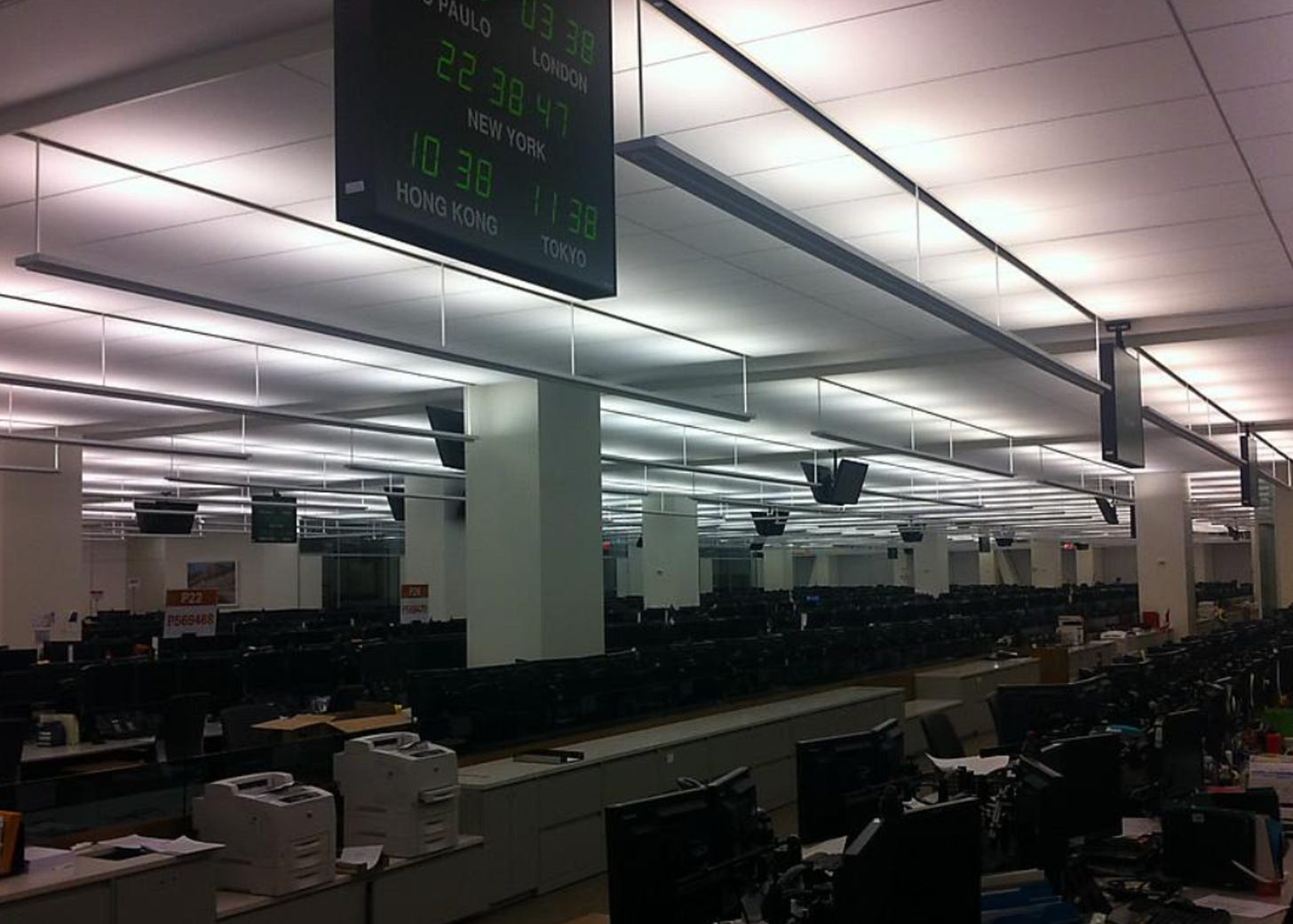

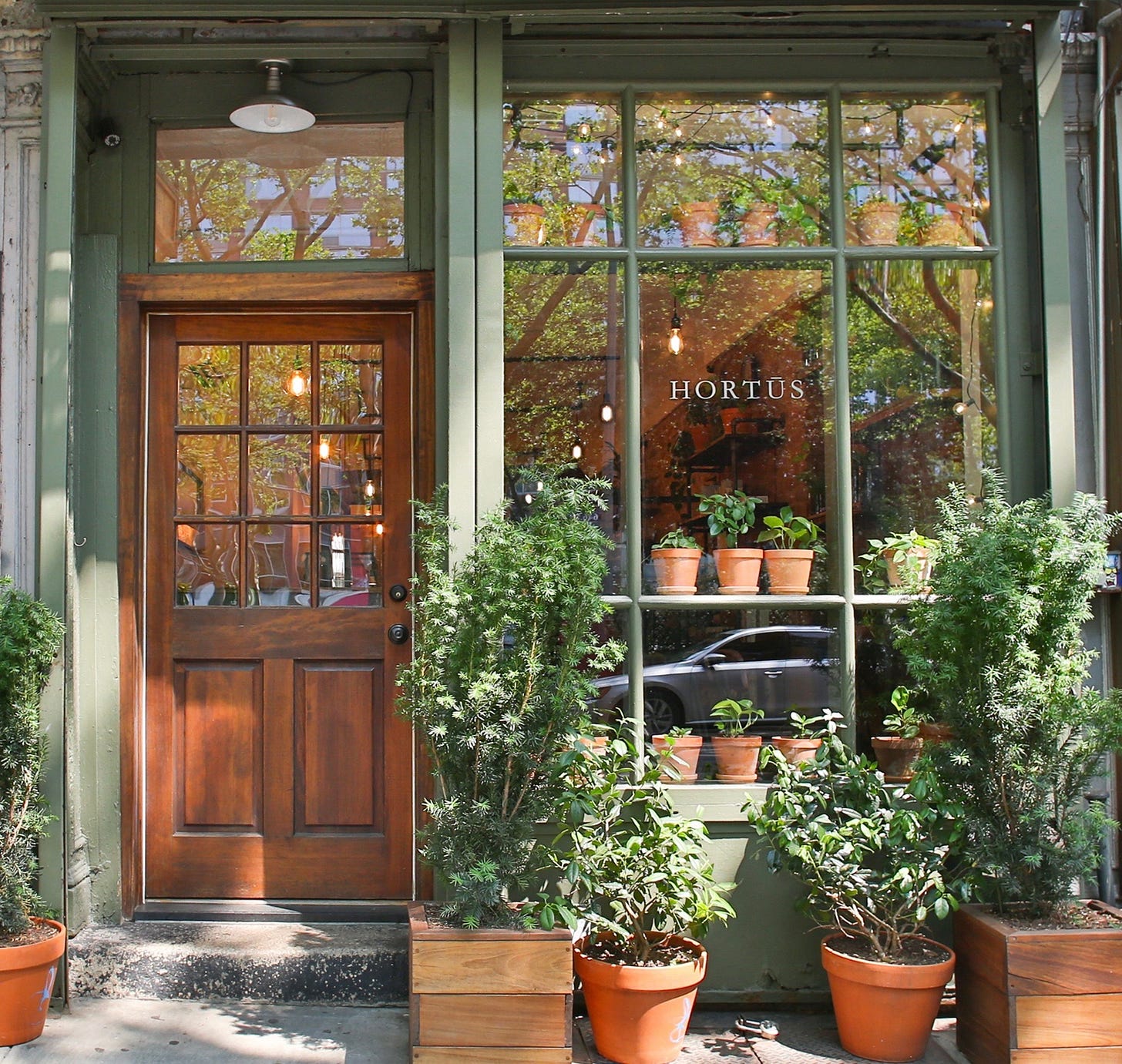
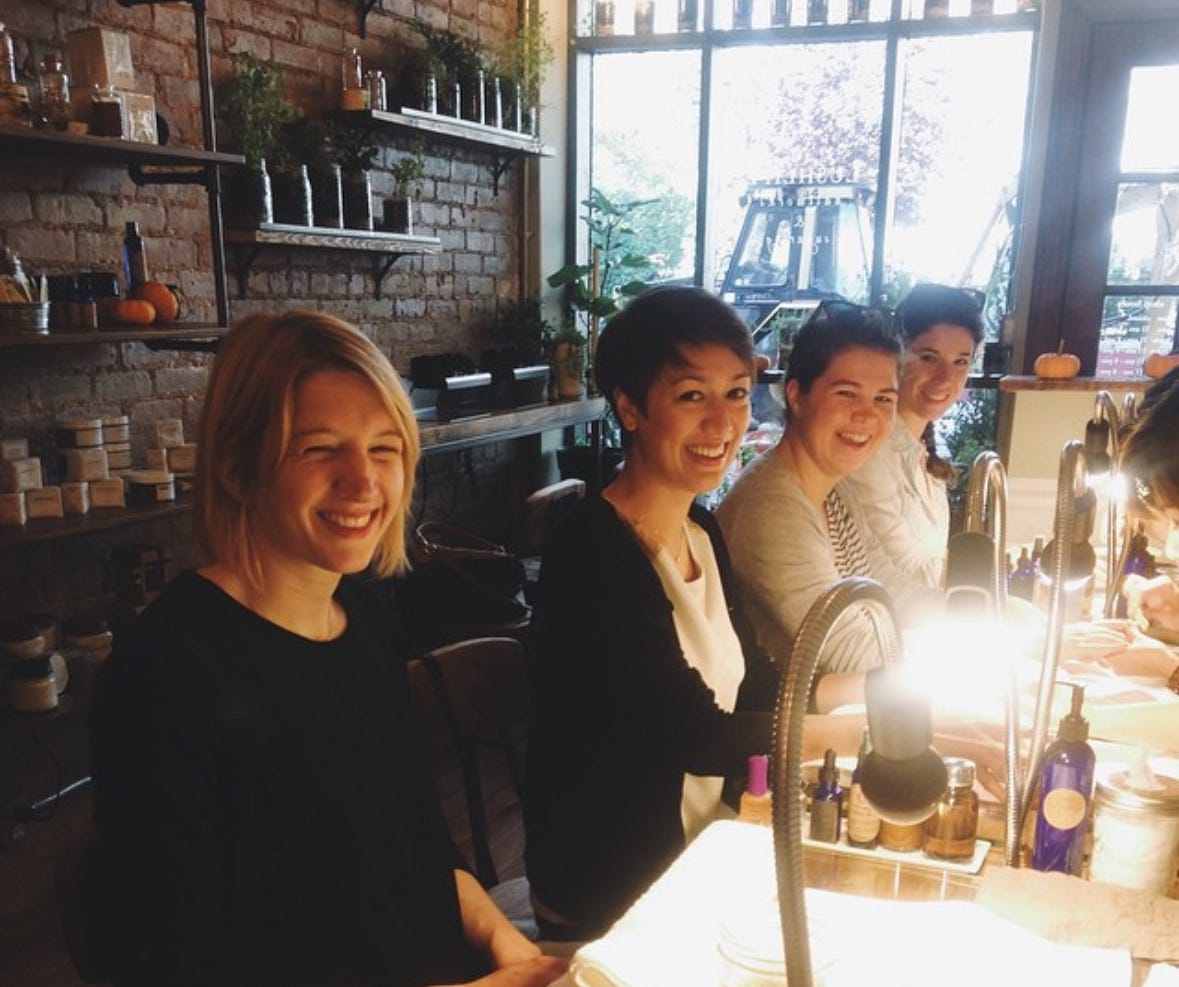



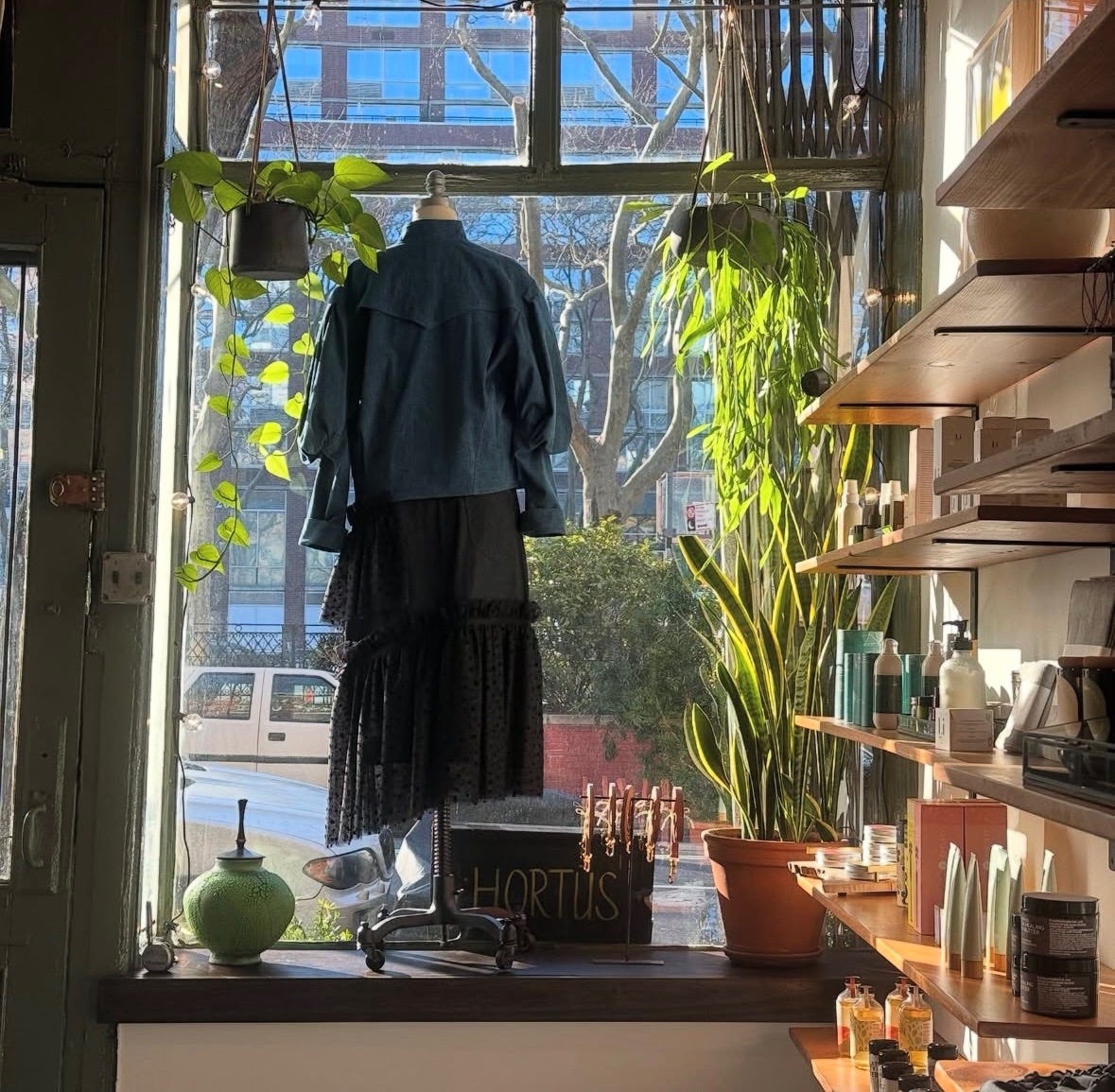
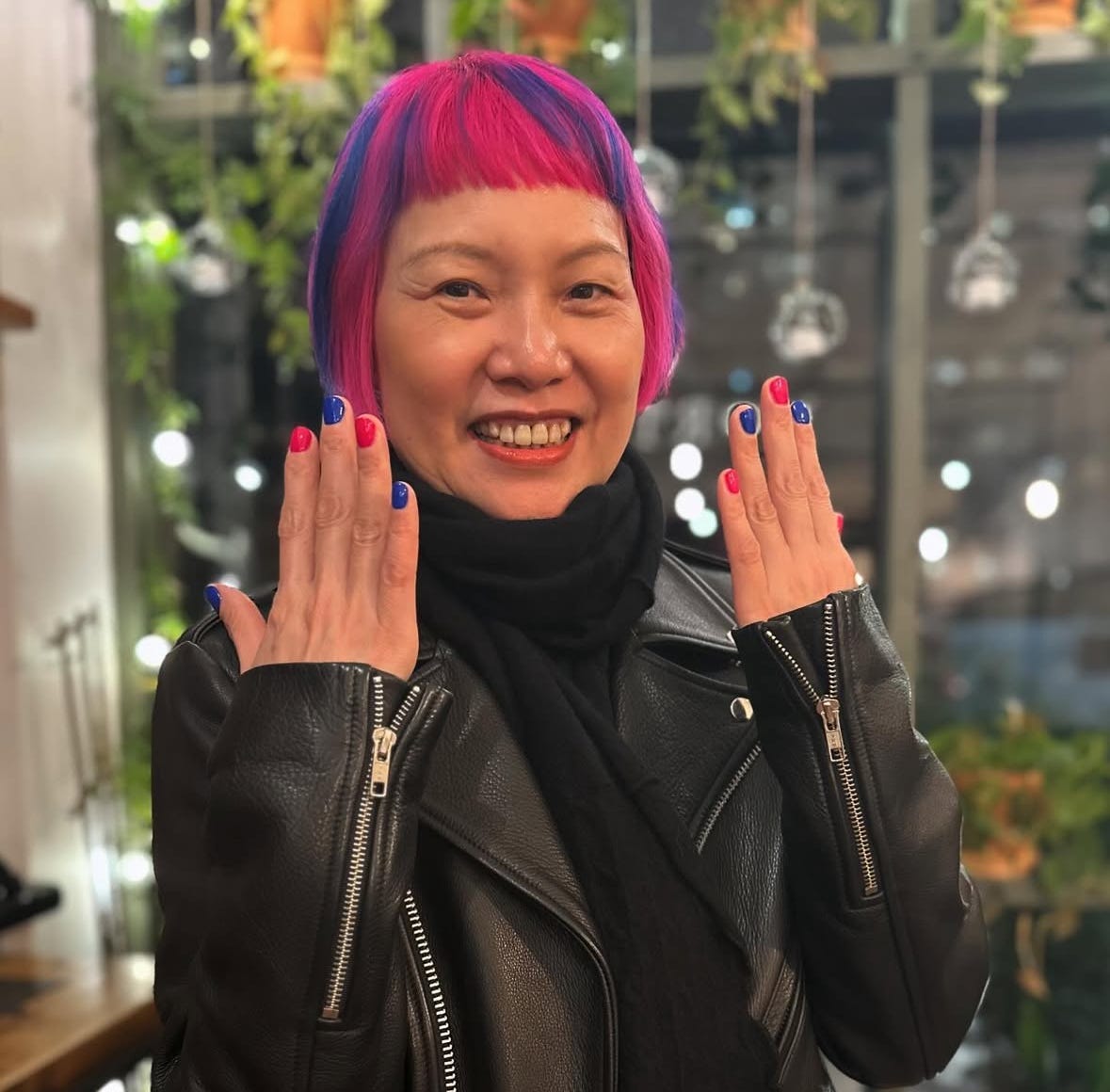
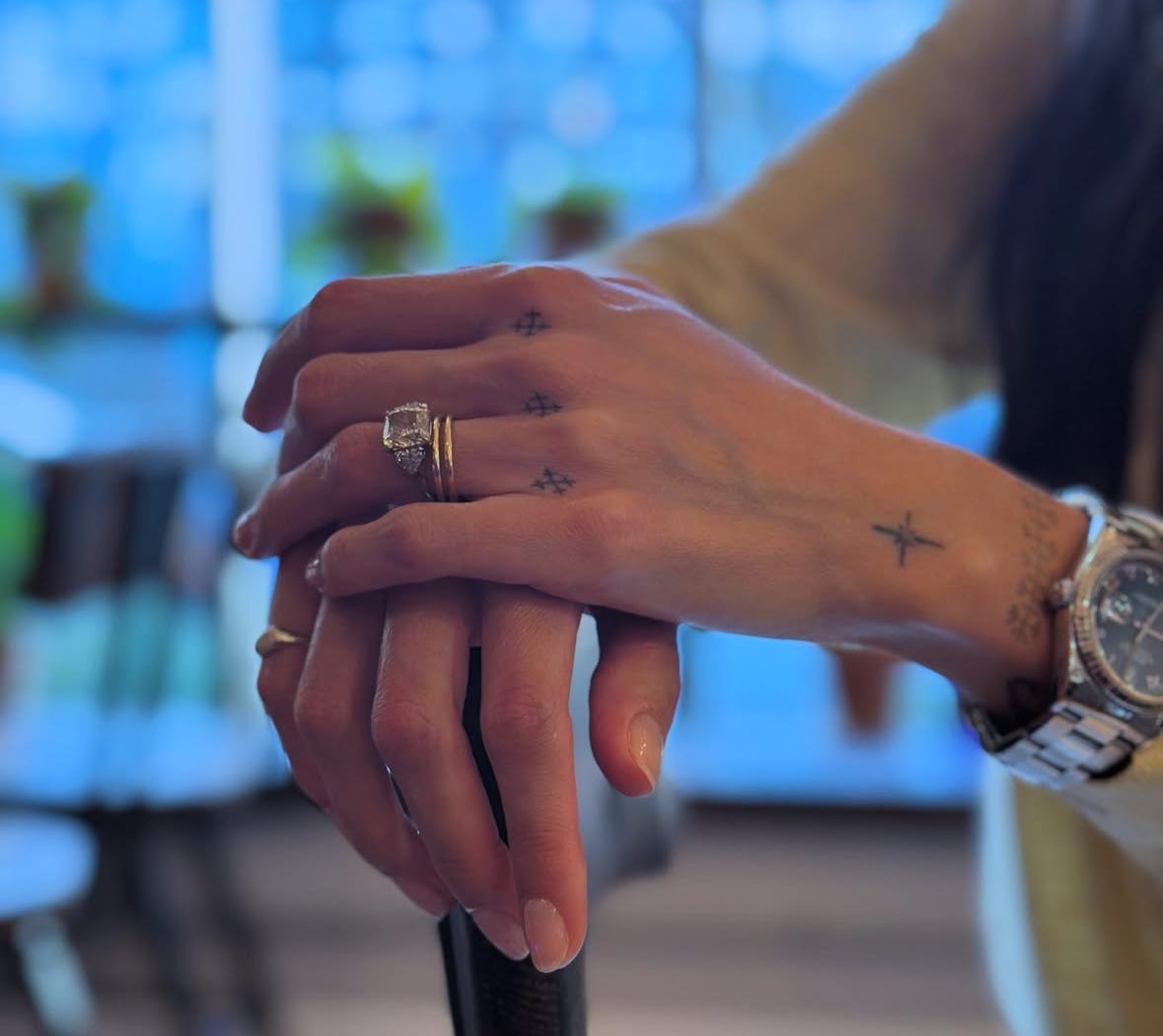
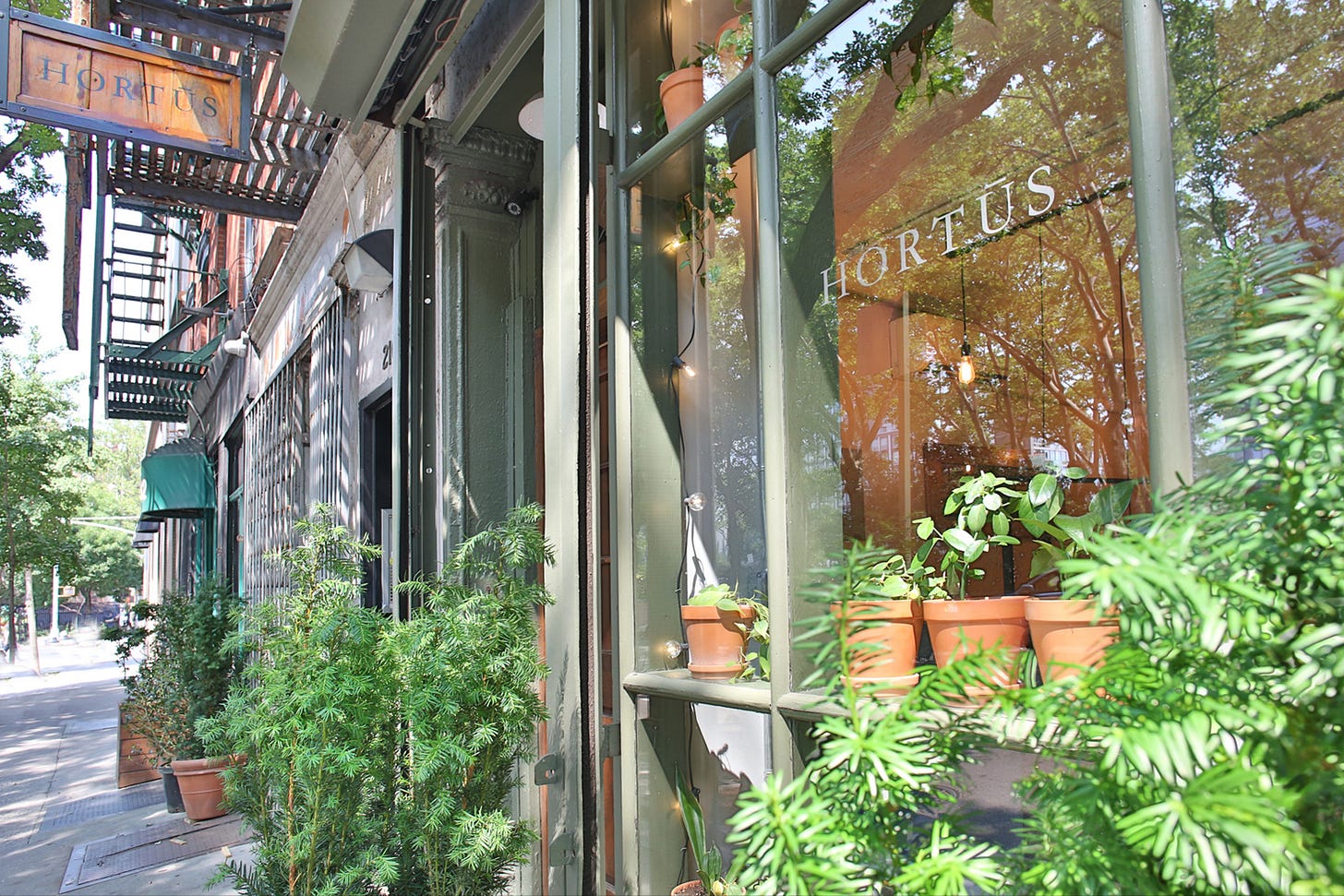
So well written and could feel the ambiance of the store. This place has always caught my eye - I'll have to go in next time!